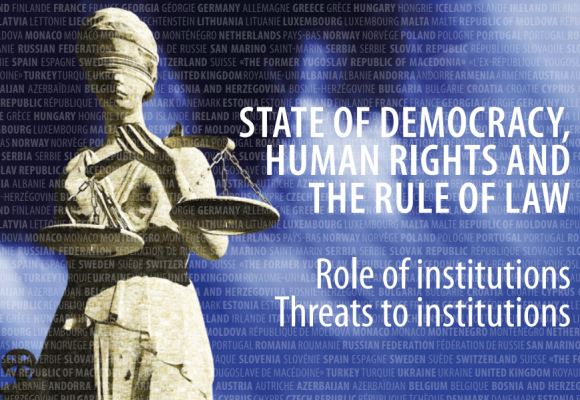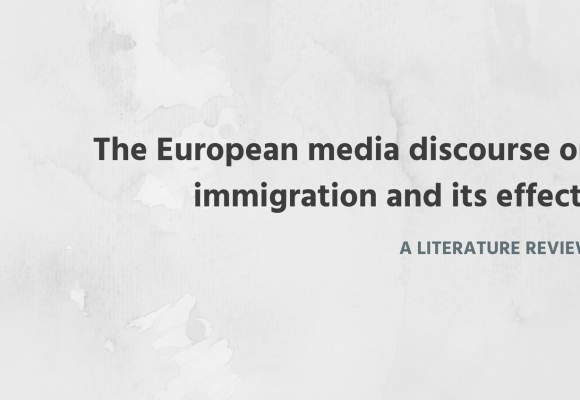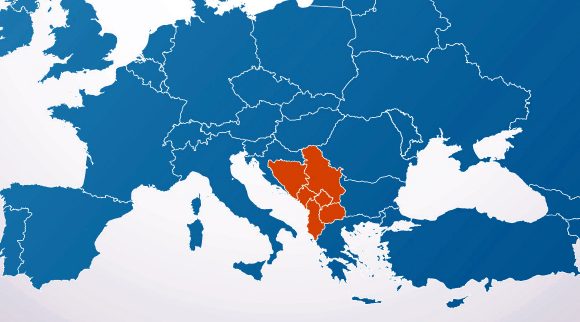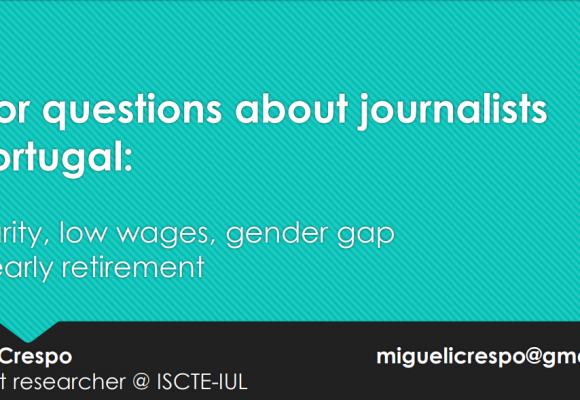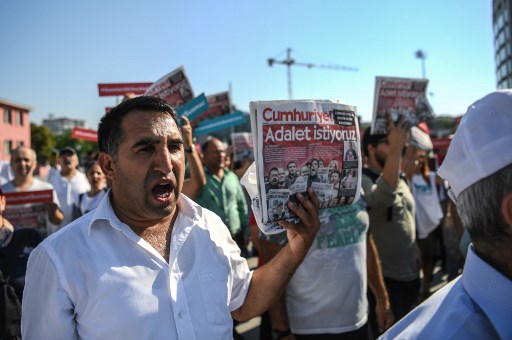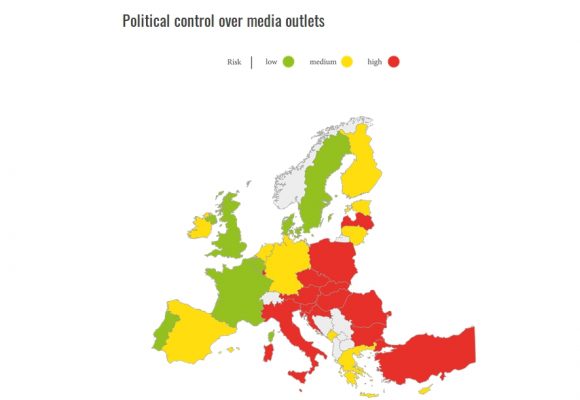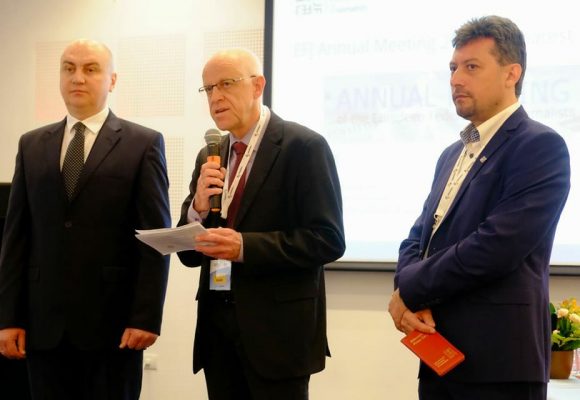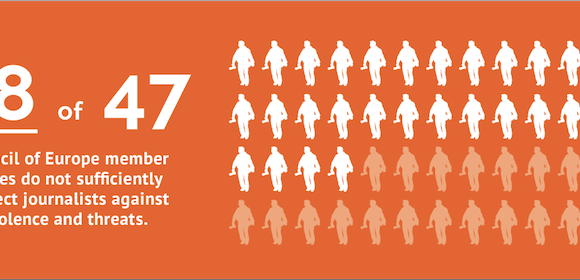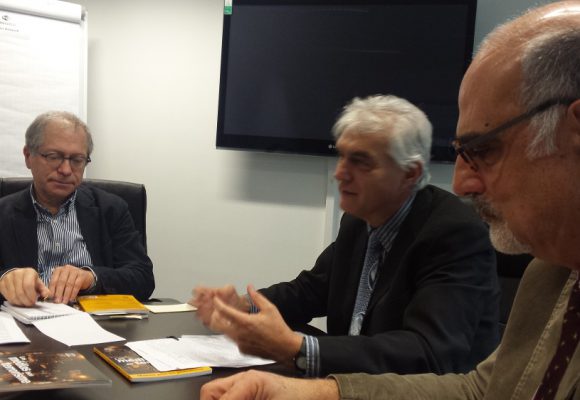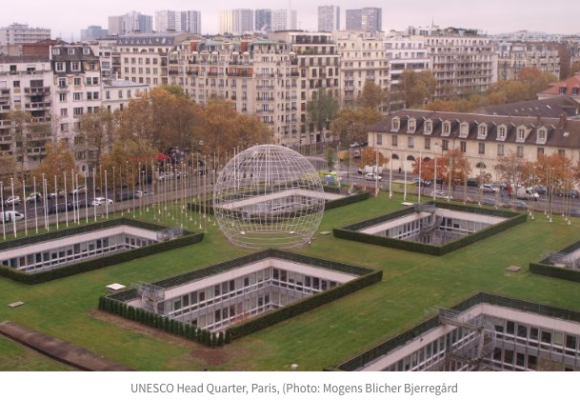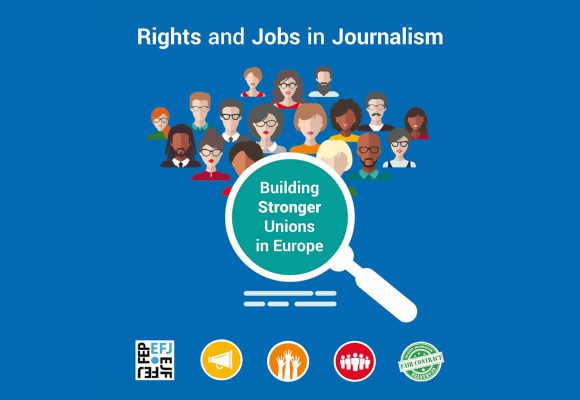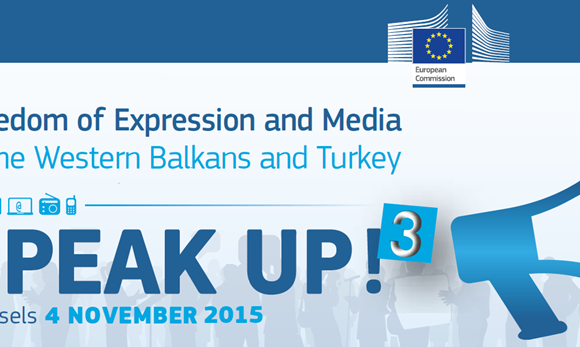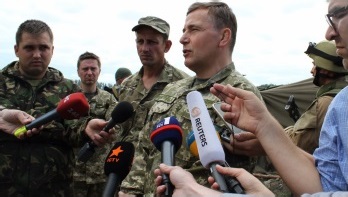MFRR Monitoring Report: 709 attacks on media freedom in the first six months of 2025
This Monitoring Report takes stock of the press freedom situation in 36 EU Member States and candidate countries during the first six months of 2025. Between January and June, the Mapping Media Freedom database documented 709 press freedom violations, affecting 1249 media workers or entities. The report documents a vast variety of attacks, indicating that media workers in Europe operate in an increasingly hostile environment. The types of attacks documented included verbal attacks – such as death threats and smear campaigns – physical attacks, attacks to property, legal incidents, and interference with reporting work. Media workers faced threats in different…


